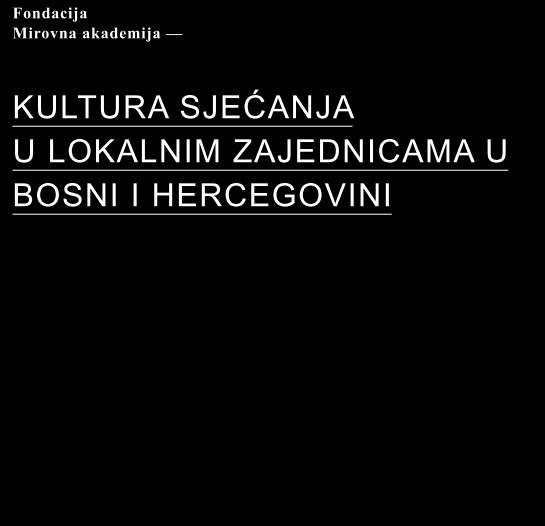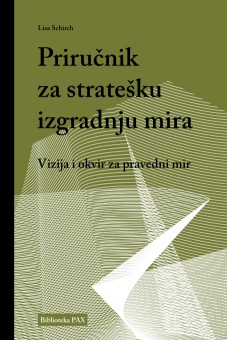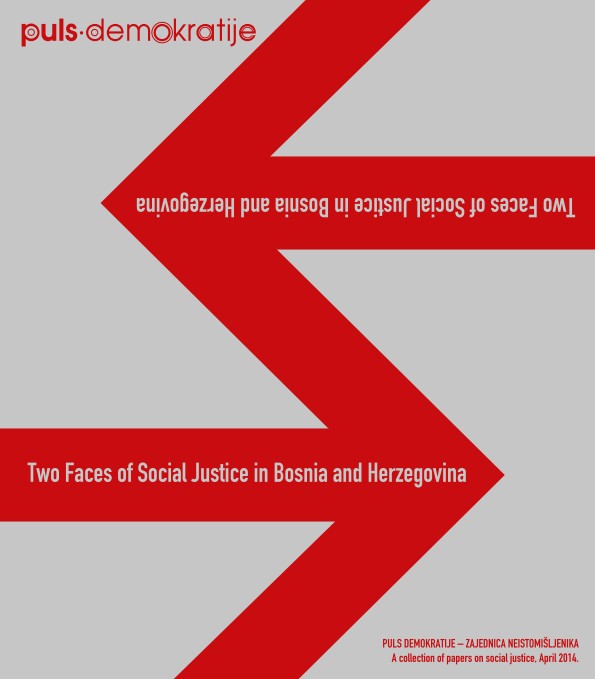Democracy's Paradox: Populism and its Contemporary Crisis
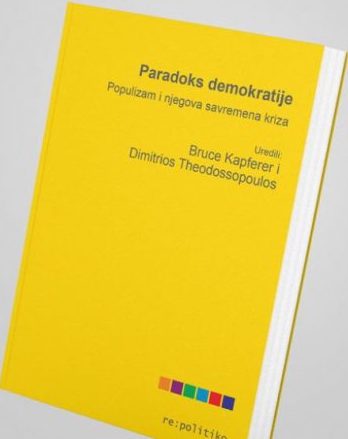 The Peace Academy was a partner with the Network for Peacebuilding in translating and publishing five academic books dedicated to the fight against right-wing populism, religious and ethno-national radicalization and violent extremism intended for the academic and activist communities. This project was initiated to make globally important topics additionally accessible to the BiH academic and activist communities by presenting and distributing the books free of charge.
The Peace Academy was a partner with the Network for Peacebuilding in translating and publishing five academic books dedicated to the fight against right-wing populism, religious and ethno-national radicalization and violent extremism intended for the academic and activist communities. This project was initiated to make globally important topics additionally accessible to the BiH academic and activist communities by presenting and distributing the books free of charge.
The fifth and final book Democracy's Paradox: Populism and its Contemporary Crisis (Berghahn Books, New York / Oxford, 2019), edited by Bruce Kapferer and Dimitrios Theodossopoulos thematizes populism as something inherent in (integral to) democratic processes, not such a new phenomenon, and as one to be viewed within a specific socio-historical context. Through studies of Argentina, Brazil, Australia, Spain and Greece, authors analyze the aspirations of populist parties in those countries in historical perspective, and try to find out whether, in addition to negative (exclusionary effects), populism can produce some emancipatory effects - towards social equality. The conclusions of the authors on this issue vary.
Access to the BCS translation can be found via the BCS Publications pages.
The project was funded by the United States Agency for International Development (USAID) and implementation was supported by the International Organization for Migration (IOM) within the BHRI program.

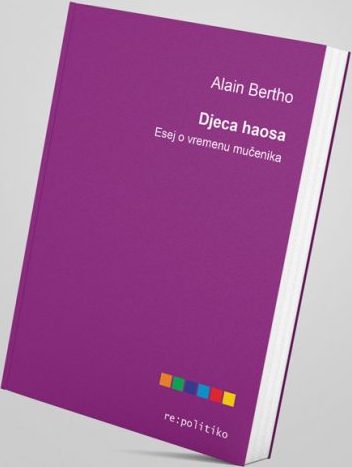 The Peace Academy was a partner with the
The Peace Academy was a partner with the 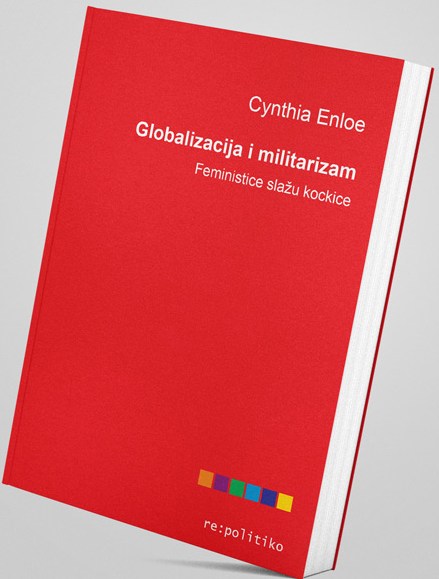 The Peace Academy was a partner with the
The Peace Academy was a partner with the 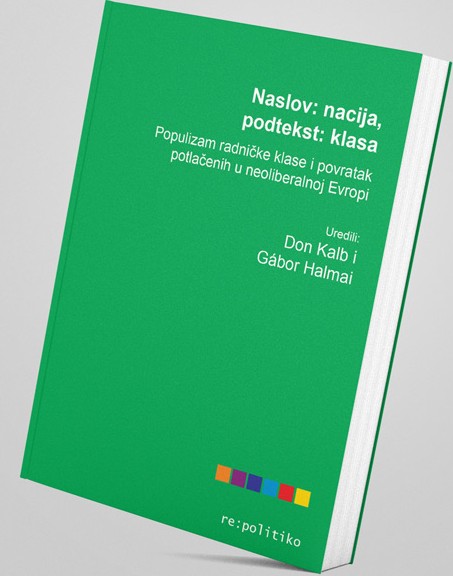 The Peace Academy was a partner with the
The Peace Academy was a partner with the 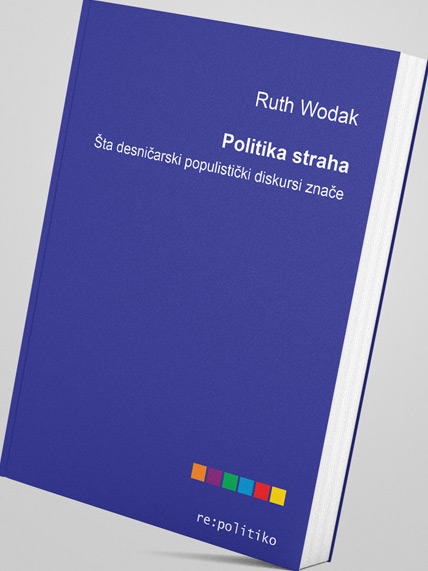 The Peace Academy was a partner with the
The Peace Academy was a partner with the 